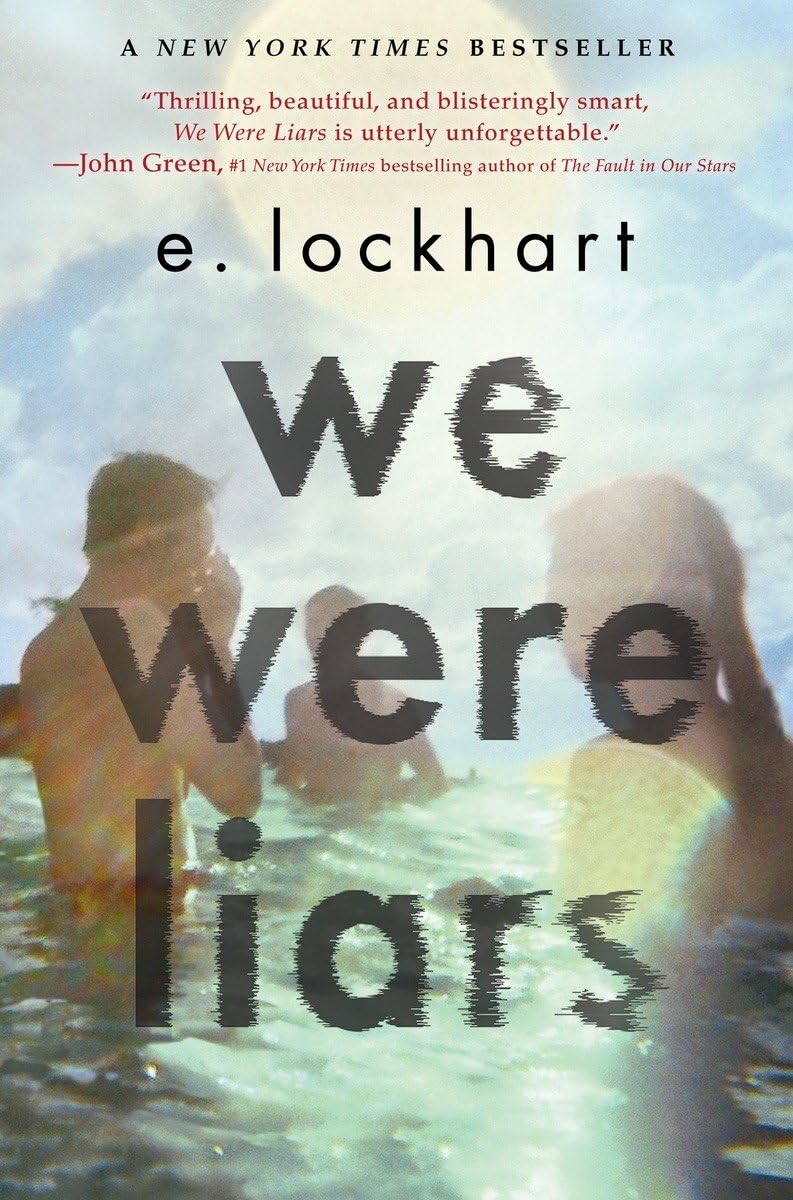Book Summary
E. Lockhart’s *We Were Liars* follows Cadence Sinclair Eastman, the heir to a wealthy New England family who summers on their private island. After a mysterious accident during her fifteenth summer, Cadence suffers amnesia and debilitating migraines. Two years later, she returns to the island, determined to uncover the truth her family hides. Told through Cadence’s fragmented memories, the story unravels the dark underbelly of the seemingly perfect Sinclair clan—their greed, bigotry, and the tragic consequences of their lies.
Lockhart crafts a psychological thriller that blends lyrical prose with brutal emotional honesty. The novel’s unreliable narration keeps readers guessing until its infamous twist, which recontextualizes everything. While some critics find Cadence’s privileged perspective grating, her journey—from blind idealism to shattered awareness—resonates deeply with audiences. The book’s exploration of trauma and memory elevates it beyond typical YA fare, making it a standout in the genre .
Key Themes
Privilege and Its Costs: The Sinclairs embody old-money entitlement, with their private island and Ivy League aspirations. Lockhart critiques their blindness to systemic inequity, particularly through Gat, the lone outsider who challenges Cadence’s worldview. The family’s obsession with appearances masks addiction, infighting, and a willingness to sacrifice relationships for wealth—a theme that culminates in the novel’s devastating climax .
Trauma and Memory: Cadence’s amnesia mirrors the Sinclair family’s collective denial. Lockhart uses fragmented fairy tales and poetic metaphors (like Cadence’s “shattered skull” headaches) to illustrate how trauma distorts reality. The novel asks: Is forgetting self-preservation or self-destruction? This theme resonates with readers navigating personal grief, making the story both intimate and universal .
What Makes It Unique
Unreliable Narration: Lockhart masterfully employs Cadence’s disjointed perspective to conceal the truth. Early chapters seem melodramatic (e.g., “I was shot in the chest” to describe heartbreak), but later reveal literal horrors. This stylistic choice divides readers—some adore the puzzle-like structure, while others find it frustratingly opaque .
Genre-Defying Execution: Blending YA romance, family saga, and psychological thriller, *We Were Liars* defies categorization. The Sinclair family’s gothic dysfunction evokes *King Lear*, while the twist rivals *Gone Girl*. Lockhart’s background in 19th-century literature shines through in the novel’s layered symbolism (e.g., the razed house as a metaphor for shattered illusions) .
Reader Reactions
The novel’s twist polarized audiences. Many praised its emotional impact, with one reviewer calling it “a punch to the gut that lingers for days” . Others critiqued its predictability, noting that seasoned mystery fans might spot clues early. Despite this, the book maintains a 4.1/5 on Goodreads, with readers highlighting its “lyrical prose” and “unflinching look at privilege”.
Cadence’s voice sparks debate. Some find her poetic metaphors (“My veins opened. My wrists split.”) immersive; others deem them overwrought. However, most agree the Liars’ dynamic—especially Gat’s idealism clashing with the Sinclairs’ cynicism—adds depth to what could’ve been a shallow “rich people problems” narrative .
About the Author
E. Lockhart (pen name of Emily Jenkins) holds a PhD in 19th-century literature from Columbia and has written acclaimed YA novels like *The Disreputable History of Frankie Landau-Banks*. A National Book Award finalist, she’s known for blending intellectual rigor with page-turning plots. Her DC Comics superhero, *Whistle*, reflects her interest in flawed heroines—a theme central to Cadence’s arc.
Lockhart’s fascination with “performative identities” (noted in interviews) mirrors the Sinclair family’s curated perfection. She cites *Rebecca* and *The Turn of the Screw* as influences for *We Were Liars*’ gothic tension. The novel’s upcoming Prime Video adaptation (2025) underscores its cultural staying power .
Memorable Quotes
“Welcome to the beautiful Sinclair family. No one is a criminal. No one is an addict. No one is a failure.”
—The opening lines, dripping with irony as the family’s flaws unravel .
“Do not accept an evil you can change.”
—Gat’s mantra, highlighting the novel’s critique of complacency in privilege.
